AAUSC 2014 Volume - Issues in Language Program Direction —— Innovation and Accountability in Language Program Evaluation
----- 语言程序评价创新和责任
Despite rapid globalization within contemporary society and the seemingly obvious need for the study of foreign languages (FL) and cultures, recruitment to undergraduate FL degrees has dwindled, graduate programs have disappeared, and institutions have restructured independent language departments into mega-departments of languages, literatures, and cultures. At the same time, the FL and humanities disciplines have engaged in “soul-searching” exercises in an effort to understand and express a renewed sense of value for the study of foreign language and culture. As a result of these kinds of societal and disciplinary movements, FL programs, along with other educational sectors, are facing the increased need to engage with peripheral forces like accountability and accreditation, to express and ensure their value through outcomes assessment, and to begin to think, innovate, and behave programmatically. Key to enacting these changes systematically and effectively is heightened awareness of the importance of program evaluation, not only as a means to demonstrate how and why FL study is a valuable pursuit in today’s world, but also as a process through which sound improvements can be made, participants can learn, and educational relevance can be sought.
{{comment.content}}
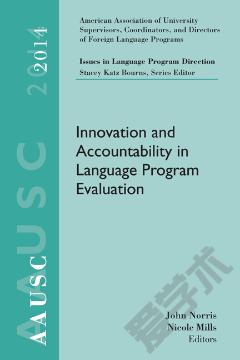
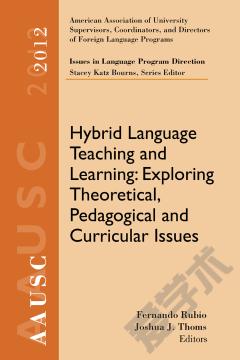
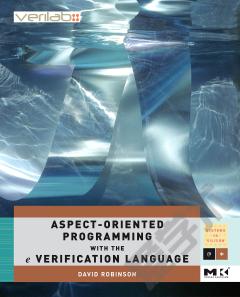
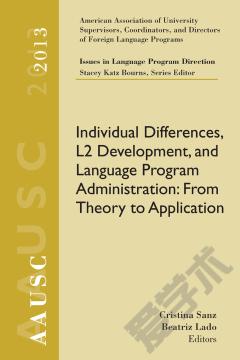


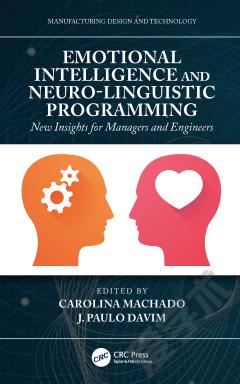

 京公网安备 11010802027623号
京公网安备 11010802027623号